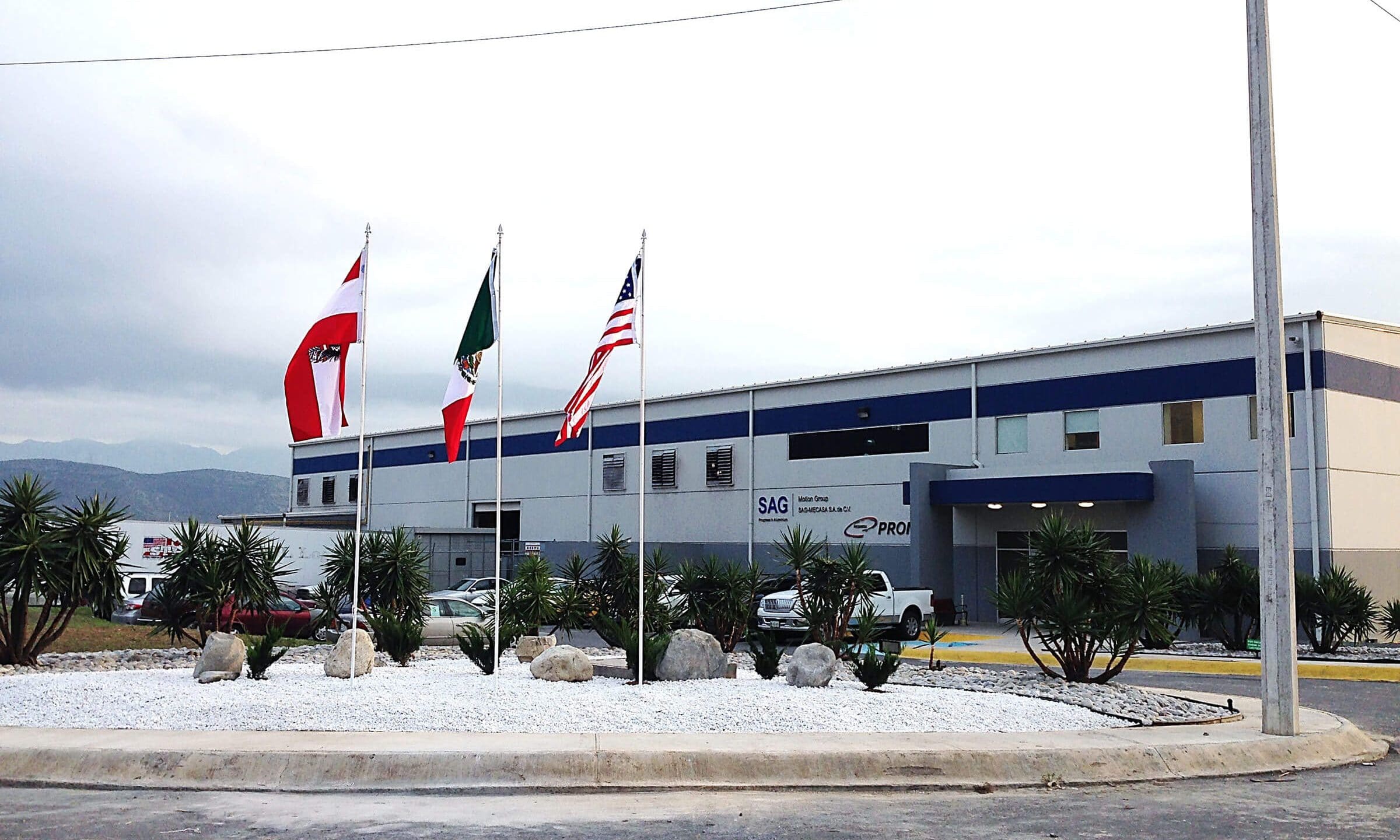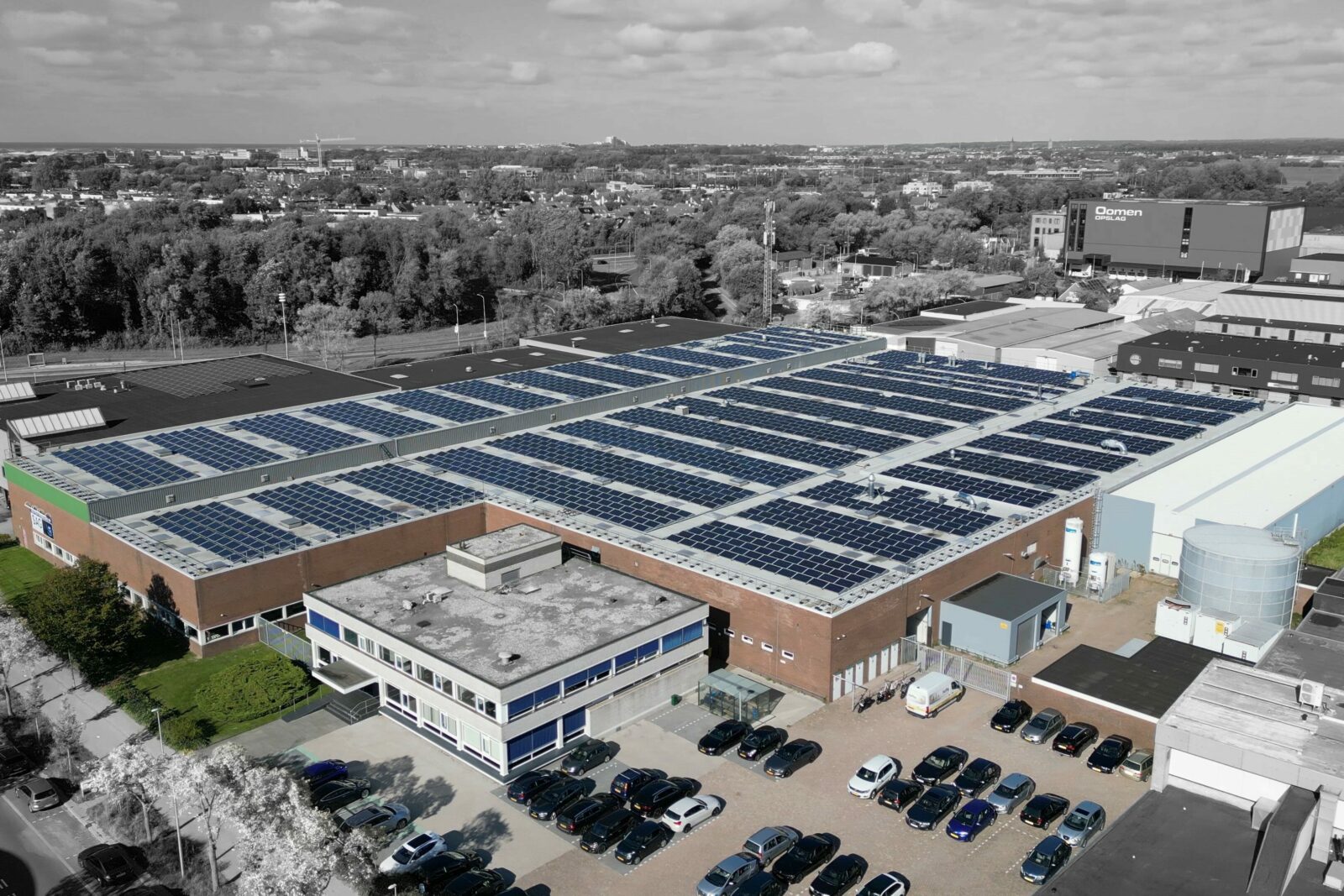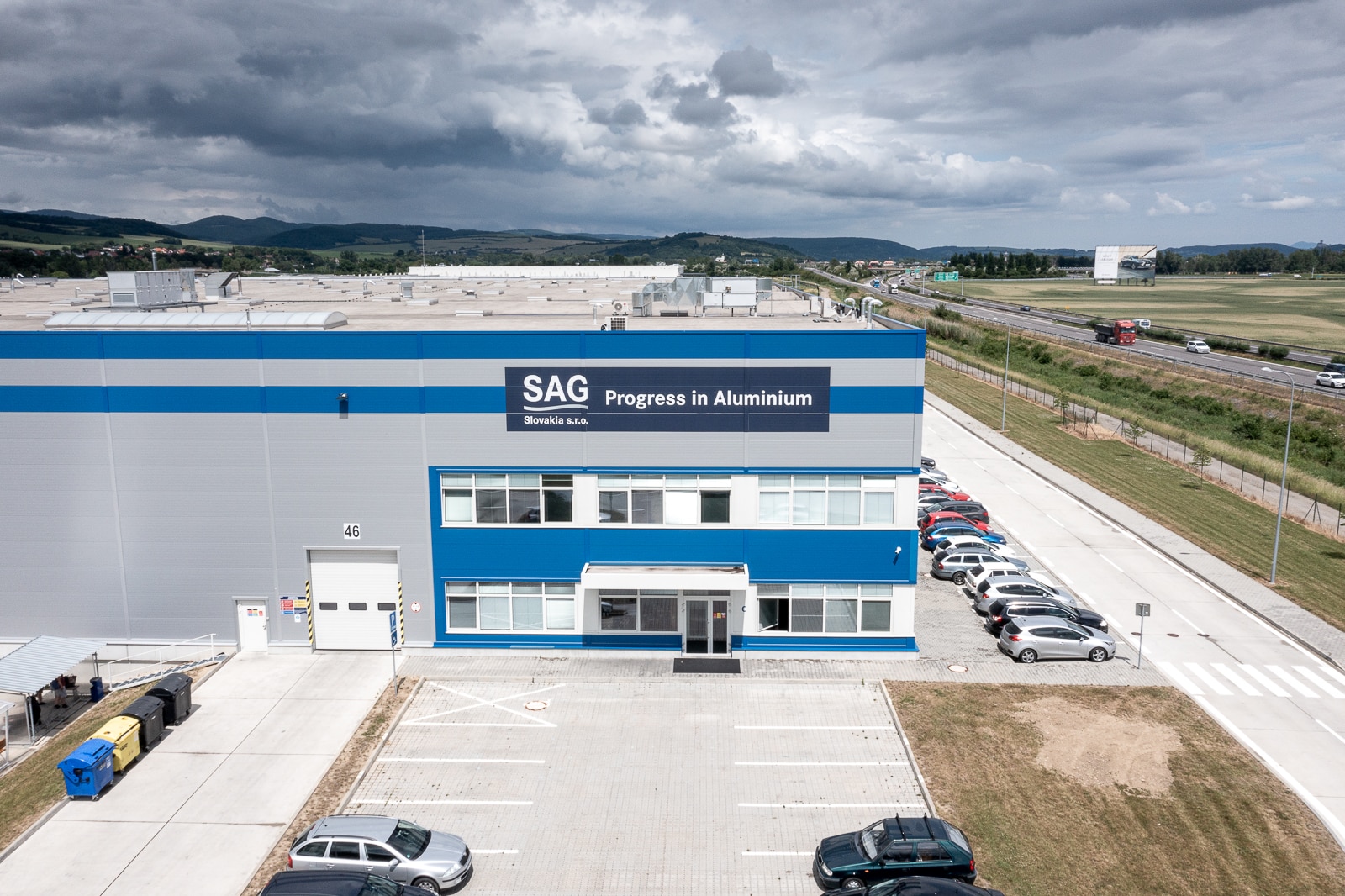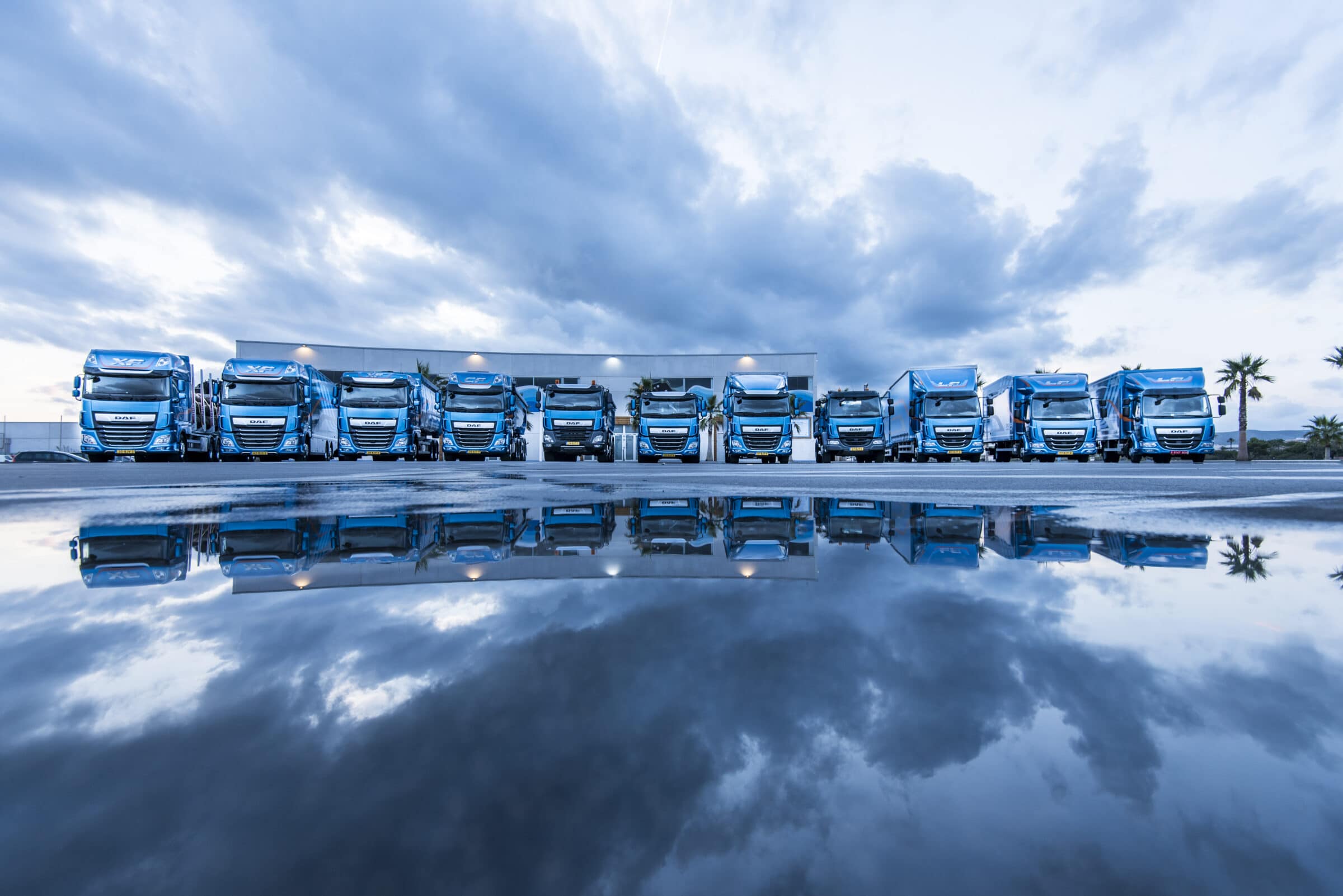
Karin Exner-Wöhrer, CEO and Member of Board of SAG Group, in conversation with Jos Smetsers, Member of the Board of Management DAF Trucks N.V. and Managing Director of PACCAR Purchasing Europe.
DAF Trucks N.V. is the leading manufacturer of commercial vehicles in Europe and a wholly owned subsidiary of PACCAR Inc – a world leader in the design and manufacture of light, medium and heavy-duty premium commercial vehicles. Your company is deeply committed to the development of sustainable technologies. With the “Green Deal” in 2019, the EU has set itself the ambitious goal of making Europe the first climate-neutral continent in stages by 2050. What effects do you expect for the European commercial vehicle industry?
Jos Smetsers: The Green Deal action plan presents the European commercial vehicle industry with the challenging task of drastically reducing its CO2 emissions: by 2025, compared to 2019, a reduction of 15 per cent is to be achieved and by 2030 even 30 per cent. The entire industry has been in the process of reinventing itself, and all our product ranges are fully focused on CO2 reduction.
These are very ambitious targets. What sustainable technologies is DAF relying on to position itself successfully in this field?
We have to face that there is no ’one size fits all’ solution for all transport requirements. This is because the requirements vary greatly depending on the field of application. DAF is therefore committed to developing several sustainable technologies in parallel.
We see all-electric vehicles as an important option for urban areas: mileage and weight of the cargo is relatively low and the batteries of the vehicles can be regularly recharged at the home base, e.g. every night. In the next few years, the number ofelectric vehicles in urban areas will grow even further, as an increasing number of major European cities will only allow only zero-emission vehicles in their city centres as from 2025. DAF was among the first European truck manufacturers to market a full electric truck and recently our product range has even been expanded with the new DAF LF Electric, a 19 ton fully electric truck, offering a range of up to 280 kilometres. Indeed, we are leading the way in electric truck powertrains.
Would electric propulsion also be suitable for use on long-distance journeys?
Although electric drivelines can be a great solution for innercity transport applications, we have to acknowledge that batteries are still heavy and have a low energy density. While a truck consumes an average of 25 kg of diesel for a journey of 100 kilometres, an all-electric truck needs a battery pack of about 2 tonnes to cover this distance. This reduces payload and range. In addition, charging batteries takes for more time than refueling a diesel tank and a sufficient electricity network is lacking.
For trucks that need ‘zero emissions’ in urban areas but also operate outside cities, we see hybrid technology as the way forward. It combines the advantages of electric drive with those of an efficient diesel engine: no emissions in inner-city areas and a long range on long-distance journeys. Another benefit is independence from the public infrastructure for recharging batteries. Therefore, we are research and development activities also focus on this area.
What future do you see for diesel engines with regard to the “Green Deal”?
The entire industry has made successful efforts to make the diesel engine even more efficient and cleaner over the decades. Over the last decades emissions of nitrogen oxides and particulate matter has been reduced by over 95% and in addition, we at DAF, have realized a reduction of fuel consumption and thereby CO2 emissions by no less than 20% over the last 20 years.
In our view, the diesel engine will continue to play an important role in long-haul heavy-duty transport in the foreseeable future, partly as part of hybrid technology. Nevertheless, there is a declaration of intent by the European truck industry to do without fossil fuels from 2040 onwards. Instead of diesel, combustion engines will run on new generations of fuels, such as the so-called ‘Power-to-Liquids’. By combining hydrogen with captured CO2, a synthetic fuel can be created on which combustion engines can perfectly operate. By the way, our current engines are already full prepared for Hydro-treated Vegetable Oil (HVO), the latest generation of biodiesel,made from waste fats for instance and resulting in an up to 90% CO2 reduction ‘well-to-wheel’…
Is hydrogen as an alternative fuel part of your future strategy?
Absolutely. When produced via electrolysis using solar or wind energy, hydrogen offers the a promising CO2-neutral alternative for trucks. When hydrogen and oxygen are converted into electrical energy using a fuel cell, only water and heat are produced as “side-products”. Our sister company is already trialing hydrogen-powered fuel cell technology in daily practice and we at DAF are actively investigating hydrogen as fuel for the internal combustion engine. In contrast to fuel cell technology, the latter option offers some interesting advantages, including lower sensitivity to hydrogen quality, just to mention one.. However, development work will take some extra years before this technology is mature, well-tested and thus ready for series production. One aspect we may never forget: highest reliability and durability remain among our most important development drivers. Our customers are relying on our trucks, 24 hours a day, 365 days a year.
Share this article
News
you might also like
Stay up to date with the latest developments at SAG. From groundbreaking innovations to industry insights and company milestones, our news section keeps you informed. Explore our latest updates and see how we’re shaping the future.
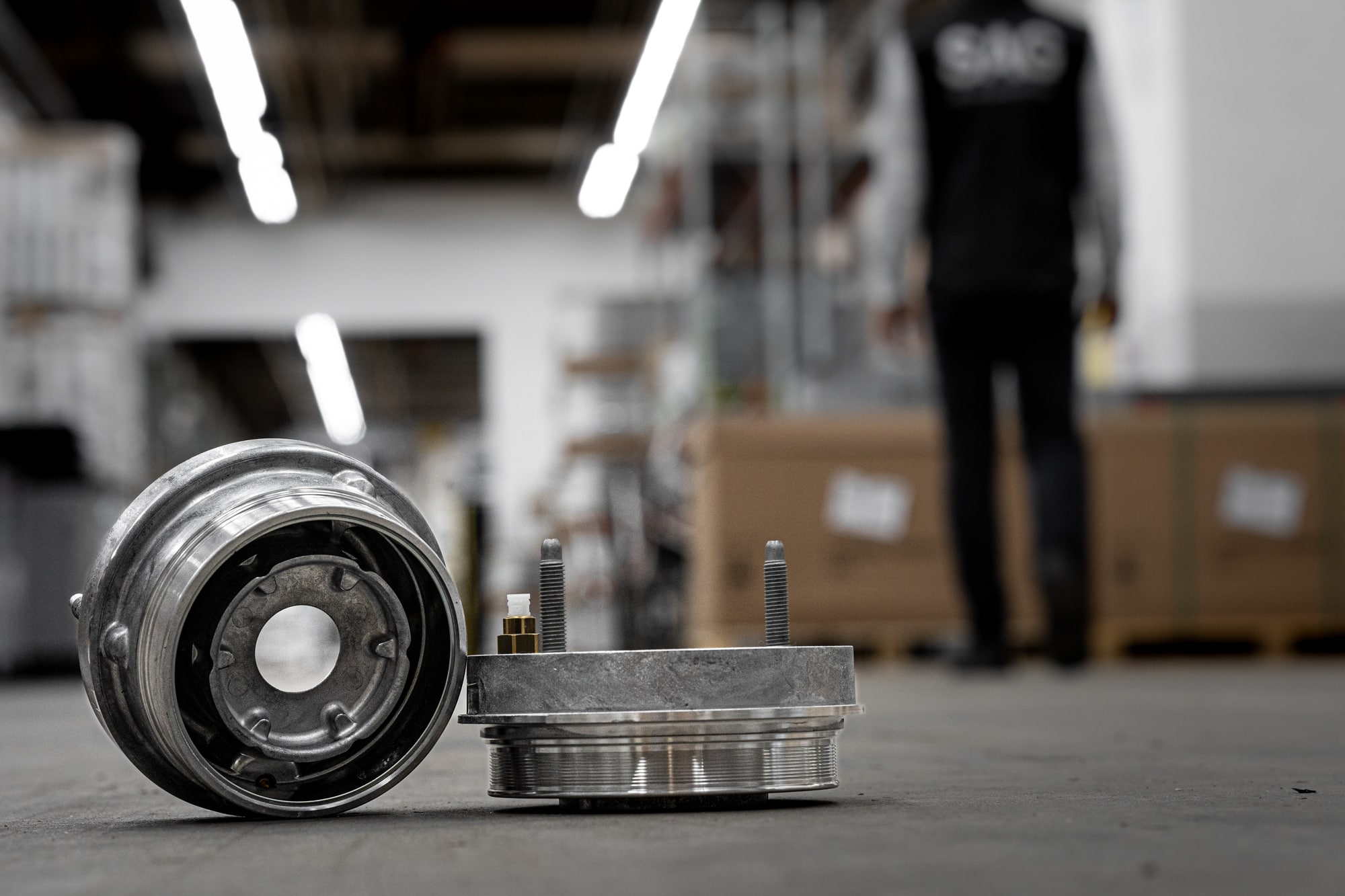
Growth market in sight: SAG Group wants to start production of cryogenic tanks and lightweight components in India
The SAG Group, an international producer of aluminum tanks and lightweight components as well as a pioneer in the field of cryogenic tank technology for commercial vehicles, is preparing to expand into India. At the heart of the plans is a strategic partnership with an Indian manufacturing company in the state of Maharashtra. The plan […]
Read article
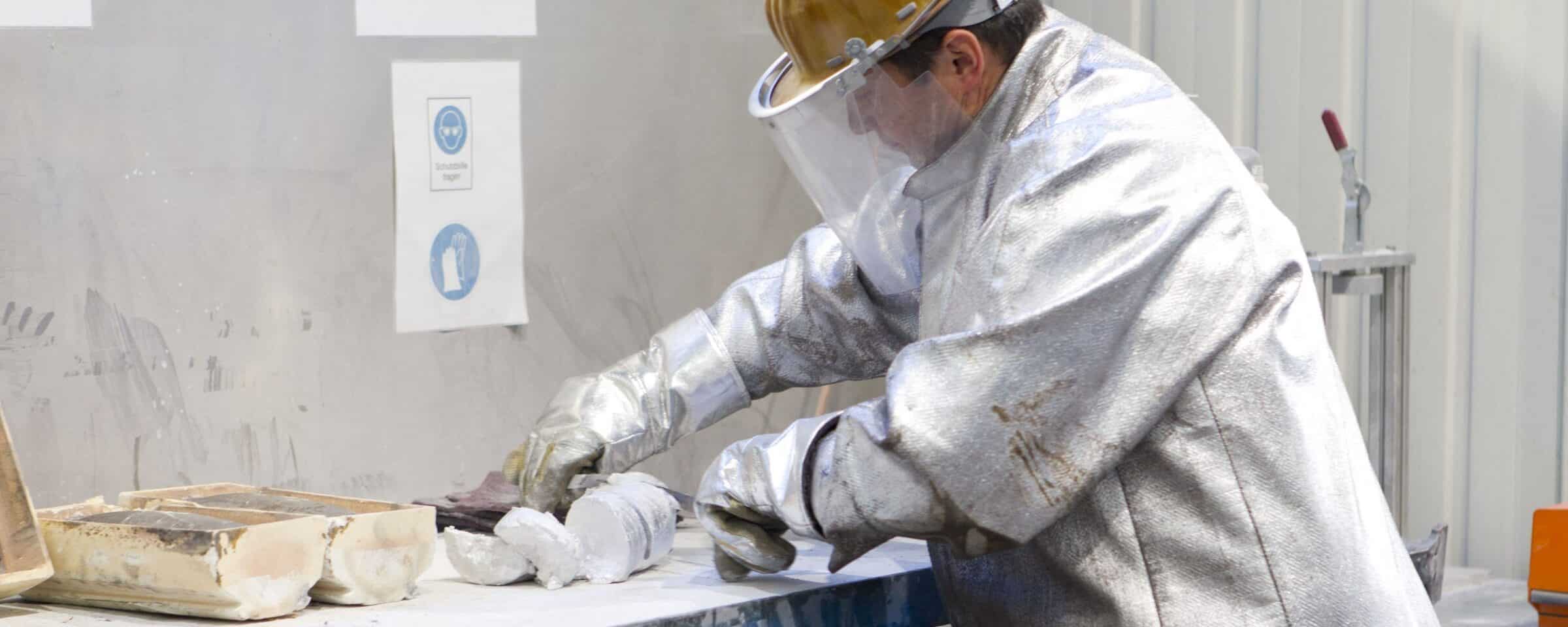
Investment for innovation: SAG Group establishes R&D center for Rheocasting
The SAG Group will build a research and test center for Rheocasting technology at its founding site in Lend/Salzburg in the coming months. The development center, which is scheduled to start construction in January 2025, will include test facilities, a laboratory and office workstations. Extensive testing and research will be possible to further perfect Rheocasting […]
Read article
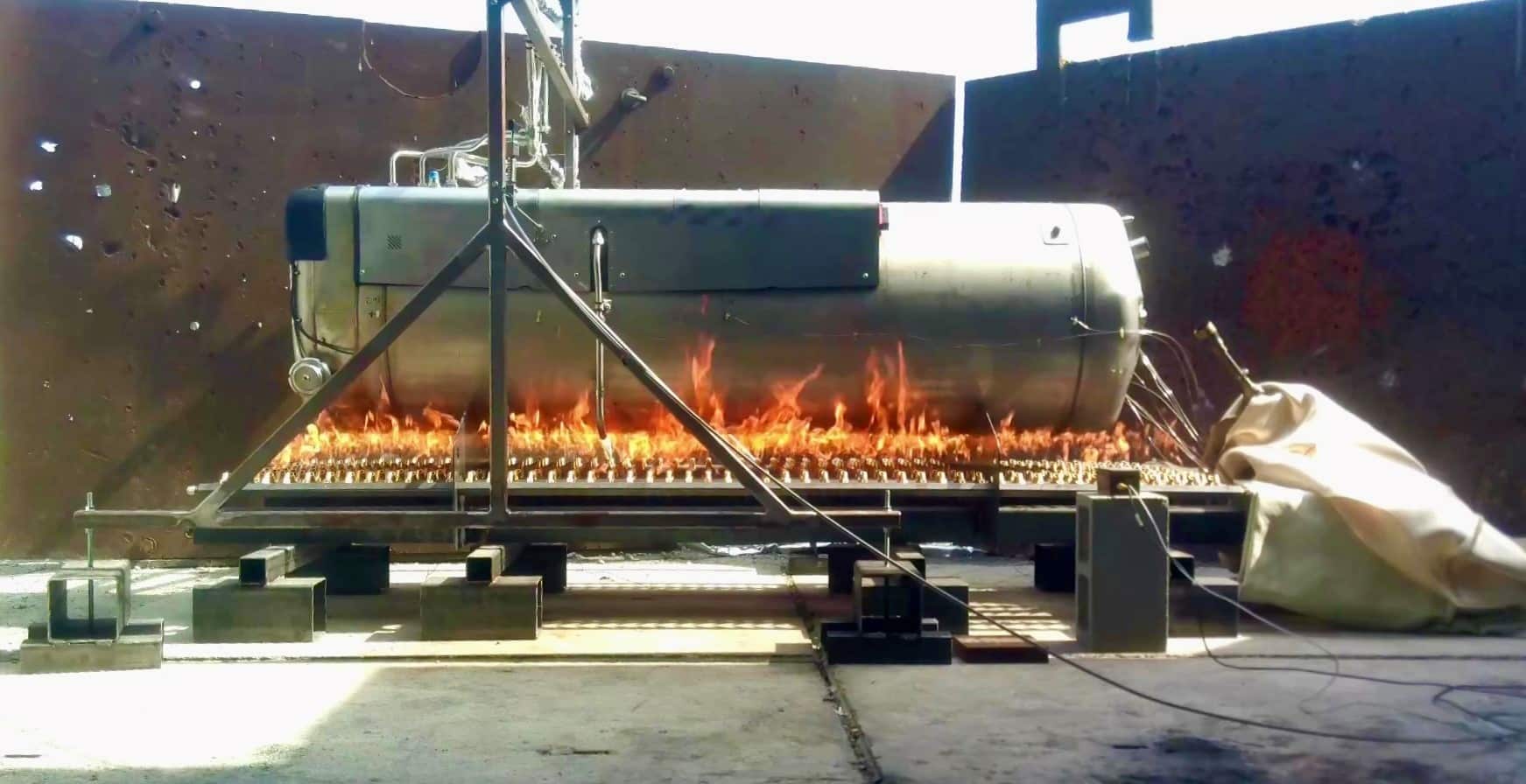
Bonfire test confirms safety of the SAG LH2 tank system even in extreme conditions
The liquid hydrogen tank system for trucks developed by SAG has reached a decisive milestone on the way to approval for road traffic: the successful completion of the so-called Bonfire test. This special fire safety test is a mandatory test to obtain type approval from the Federal Motor Transport Authority in order to ensure the […]
Read article

SAG GROUP

